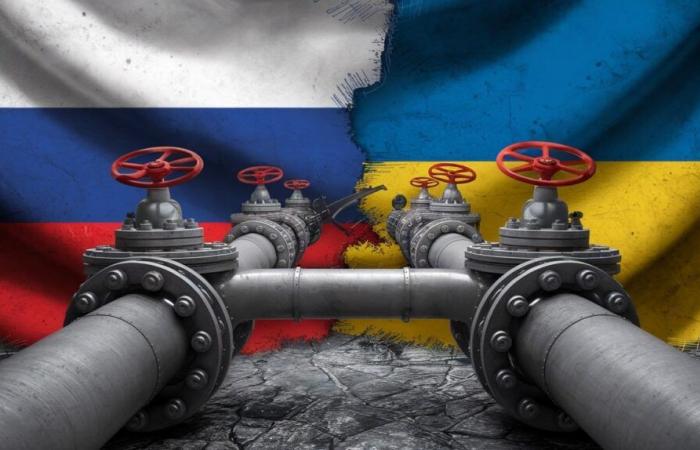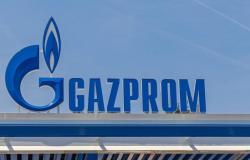The end of an era: deliveries of Russian gas via Ukraine cease on December 31, 2024. Europe must rethink its energy supply in a tense geopolitical context. What consequences for the Old Continent?
On December 31, 2024, Europe turns a page in its energy history. Deliveries of Russian gas transiting Ukraine, which had miraculously continued despite the Russian invasion of 2022, are definitively ending. An event with serious consequences for the Old Continent, which must rethink its energy supply in a very tense geopolitical context.
A historic commercial link broken
The contract which bound Gazpromthe Russian gas giant, to its Ukrainian counterpart Naftogaz was not renewed. A decision taken more than a year ago according to sources close to the matter, despite the apparent incongruity of maintaining these exchanges in the middle of war. Naftogaz then justified this choice by the desire to remain a “ reliable partner » for Europe.
Since the start of the conflict, Europeans have drastically reduced their dependence on Russian gas, which now represents only 17% of their consumption compared to 40% previously. But this forced weaning comes at a cost to already weakened economies.
Europe faces the challenge of its energy security
To compensate for the loss of Russian gas, the EU had to urgently turn to other suppliers, such as the United States, Qatar or Algeria. A necessary but costly diversification, liquefied natural gas (LNG) being more expensive than gas transported by pipeline.
Paradoxically, despite the sanctions, Europe has even increased its purchases of… Russian LNG! A shame when we know that these volumes, although modest, contribute to replenishing the Kremlin’s coffers.
It’s a game of cat and mouse. Russia still manages to partially circumvent sanctions via LNG, which is more difficult to trace than gas via pipeline.
– A gas market expert
Towards an acceleration of the energy transition?
This crisis could, however, have an unexpected positive effect: accelerating the energy transition of the continent. Faced with the emergency, investments in renewable energy and energy efficiency have surged.
Some countries, such as Germany, which is very dependent on Russian gas, have had to fundamentally review their energy mix. Berlin is now banking onwind power and the solar to secure its future.
But this transition will not be smooth. Energy prices are likely to remain high for several years, weighing on the purchasing power of households and the competitiveness of businesses. A major challenge for Europe, which must rethink its energy model without jeopardizing its social and economic cohesion.
Ukraine, Europe’s future gas hub?
What if Ukraine became a key player in European energy security? This is the bet of President Zelensky, who dreams of making his country a “ gas hub » for the continent.
kyiv is banking on its vast gas reserves, still largely unexploited, and on its strategic geographic position, at the crossroads of energy routes between Russia, Central Asia and Europe. An ambitious project but fraught with pitfalls, as long as the war rages in Donbass.
The end of Russian gas deliveries via Ukraine therefore marks a turning point for Europe. Faced with a new geopolitical situation, the Old Continent must reinvent its energy model, between climate emergency and security imperatives. A titanic challenge, on which the EU’s place in the world of tomorrow will depend.






